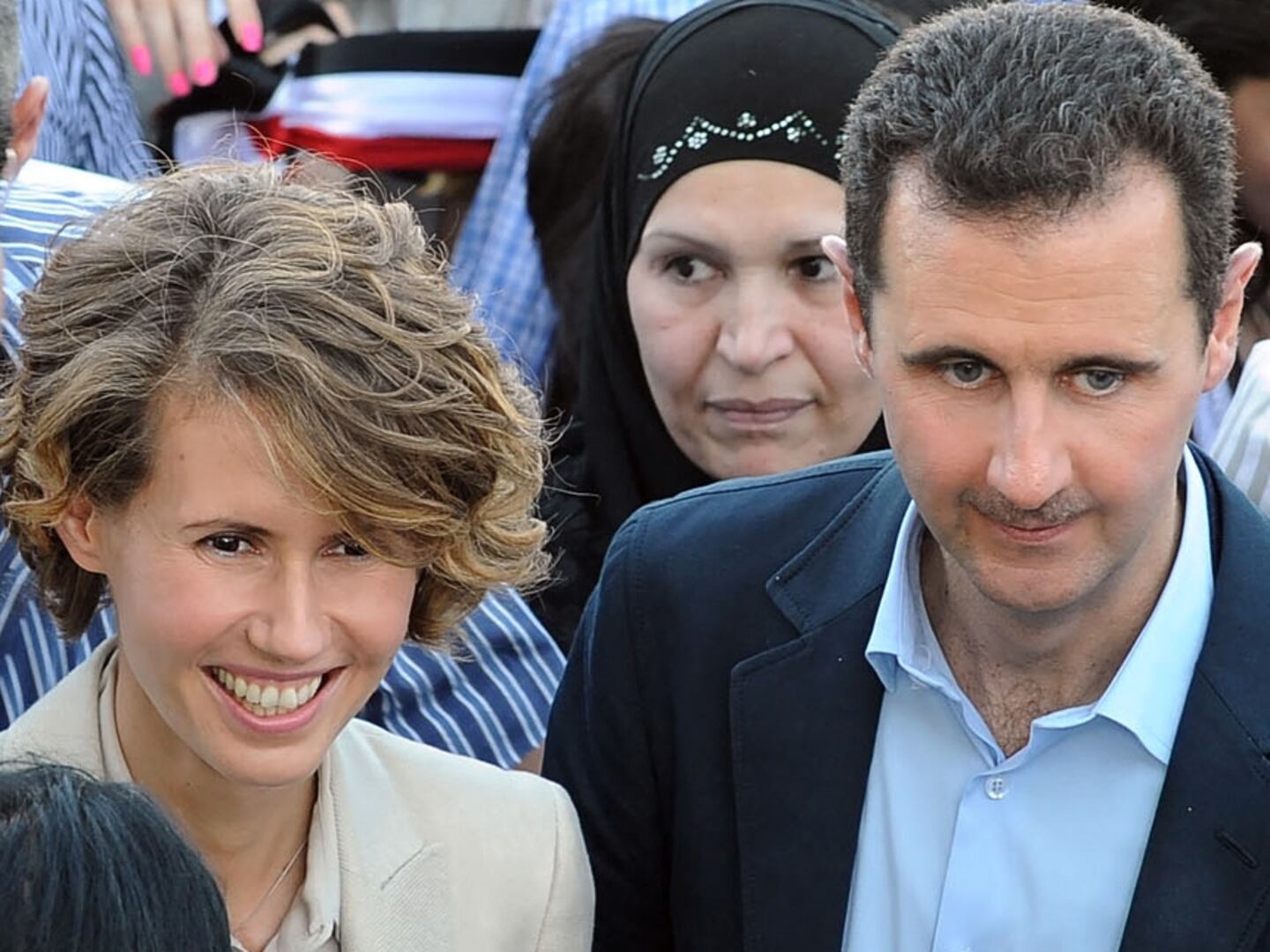Entertainment
Slaven Vlasic/Getty
Patricia Arquette on Her Incendiary Oscars Speech and the Fight for Equal Pay
GAME CHANGER
One year later, the Oscar winner looks back at the historic speech that helped bring gender pay inequality into the national debate.





